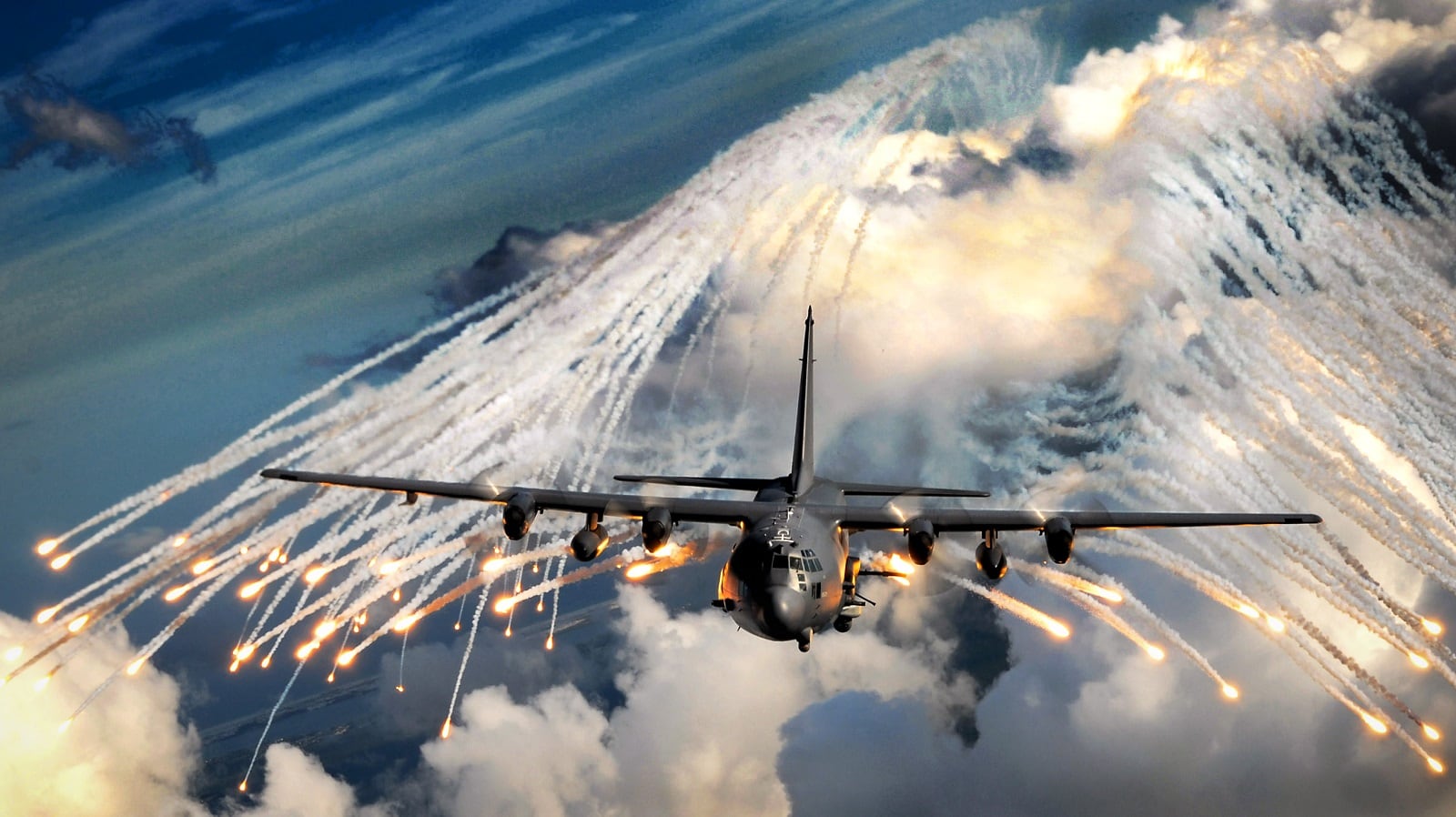The Air Force is expanding the ranks of airmen who can retrain into career enlisted aviator jobs in an effort to close severe manning shortfalls in some of those career fields.
Maj. Gen. Robert LaBrutta, the Air Force’s director of military force management policy, said in an April 22 memo that certain airframes and specialties in career enlisted aviator jobs are nearing 65 percent manning. Air Force officials have in the past said that they start to get nervous when manning drops below 90 percent in a career field.
Career enlisted aviator positions are in the 1A and 1U Air Force specialty codes, such as flight engineers, loadmasters, aerial gunners and remotely piloted aircraft sensor operators.
To try to fix this, the Air Force is once again allowing airmen halfway through their first enlistment to retrain into undermanned jobs. The Air Force previously issued an exception to policy that allowed early retraining in fiscal 2018 and other times in the past, but removed that authorization in fiscal 2019.
That ended up being a mistake. In his memo, LaBrutta said “qualified volunteers have become a highly limited resource” as a result of the exception being lifted.
“While there are many factors that contribute to a lack of qualified applicants, the removal of this early retraining policy exception has significantly hindered the ability to fill training allocations,” LaBrutta wrote.
The tighter rules on retraining has meant 23 training allocations in the 1A1X1 flight engineer career field have gone unfilled in 2019, so all told there are now 72 future flight engineer seats that are not yet filled, LaBrutta said.
Overall, nearly 300 slots remain on the retraining advisory across all career enlisted aviator specialties, he said. Each of these training slots will cost the Air Force as much as $1.3 million, whether or not they are filled, LaBrutta said.
RELATED

Expanding the candidate pool will give the Air Force the best opportunity to use its existing training capacity “and reverse the crippling impact the removal of the early retraining policy exception will have on [career enlisted aviator] manning levels and the growth requirements directed by the National Defense Strategy,” LaBrutta wrote.
Many career enlisted aviators are in the so-called “pacing” units that Air Force Secretary Heather Wilson has ordered to improve their readiness by fiscal 2022, LaBrutta said. Aviator readiness must also increase to 95 percent by fiscal 2024 to meet national security objectives, he said.
Airmen in a four-year enlistment who are not in shortfall AFSCs are now able to retrain if they have 24 to 43 months in uniform, the memo said. Previously, those airmen had to have 35 months in to be able to retrain.
Six-year enlistees are now able to retrain if they have anywhere from 36 to 67 months in, where they previously could not retrain before 59 months.
This policy will remain in place until fiscal 2024, or until all 1A and 1U AFSCs reach 95 percent, the memo said.
Any AFSCs with an overall manning of less than 85 percent are excluded from this retraining opportunity without the approval of the career field manager for that job, the memo said.
The Air Force is also excluding airmen in 11 career fields: 1C2X1, 1C3X1, 1C4X1, 1T0X1, 1T2X1, 1W0X2, 3E8X1, 2M0X1, 2M0X2, 2M0X3 and 2W2X1.
The bulk of the memo was posted on Reddit, and the full memo was provided by the Air Force.
Stephen Losey is the air warfare reporter for Defense News. He previously covered leadership and personnel issues at Air Force Times, and the Pentagon, special operations and air warfare at Military.com. He has traveled to the Middle East to cover U.S. Air Force operations.









